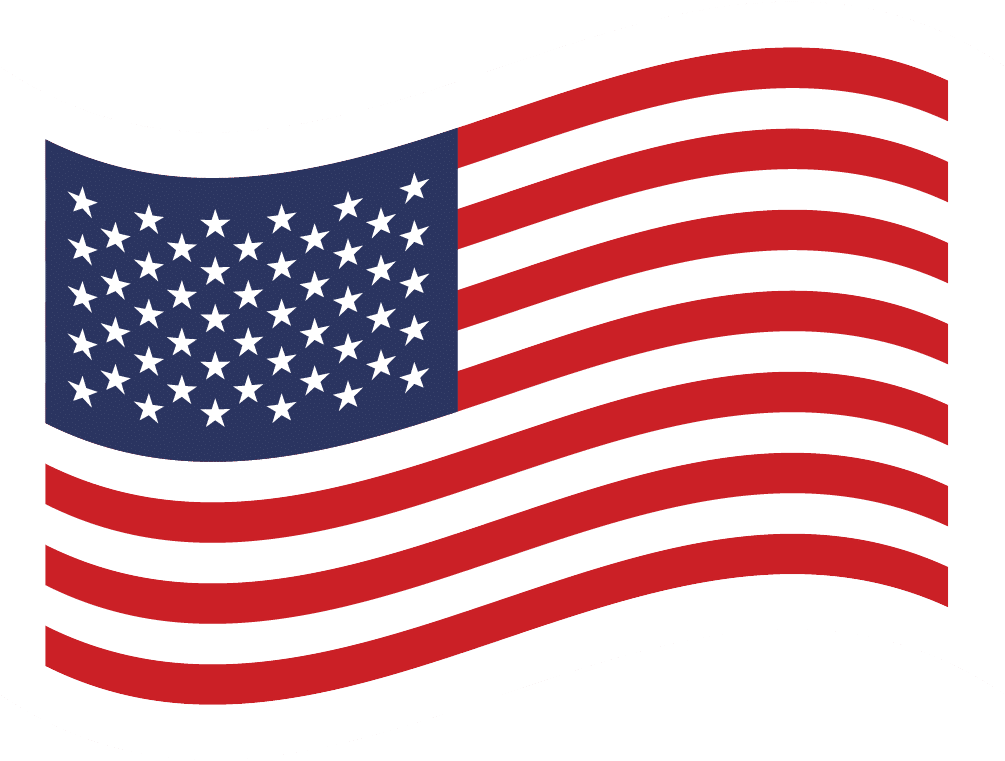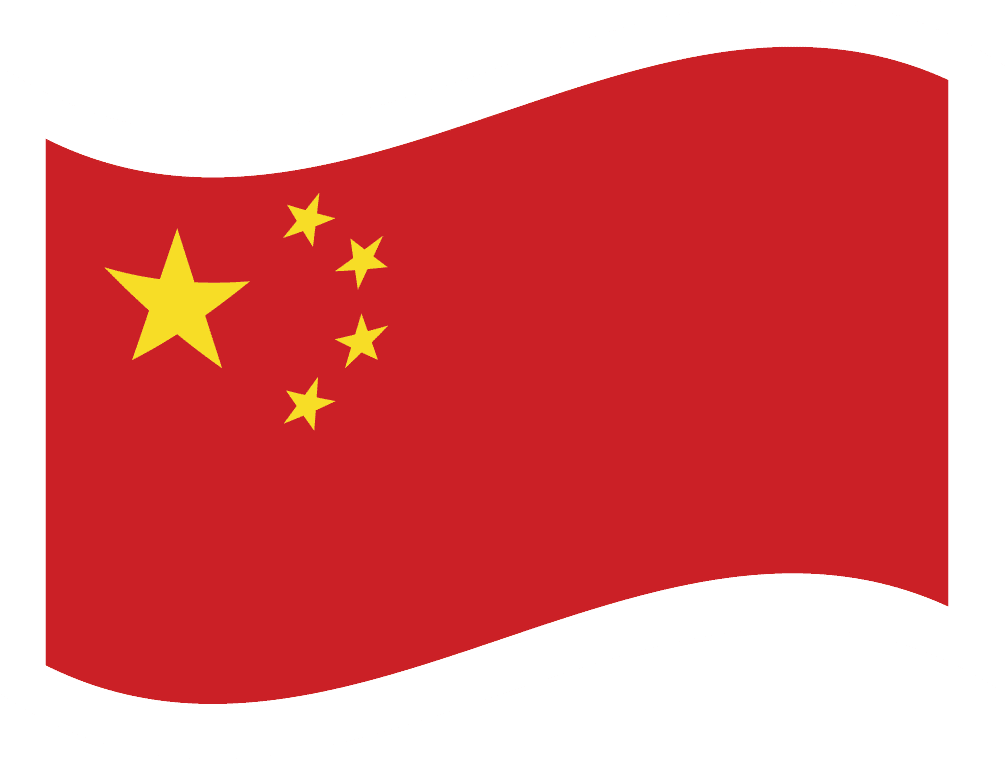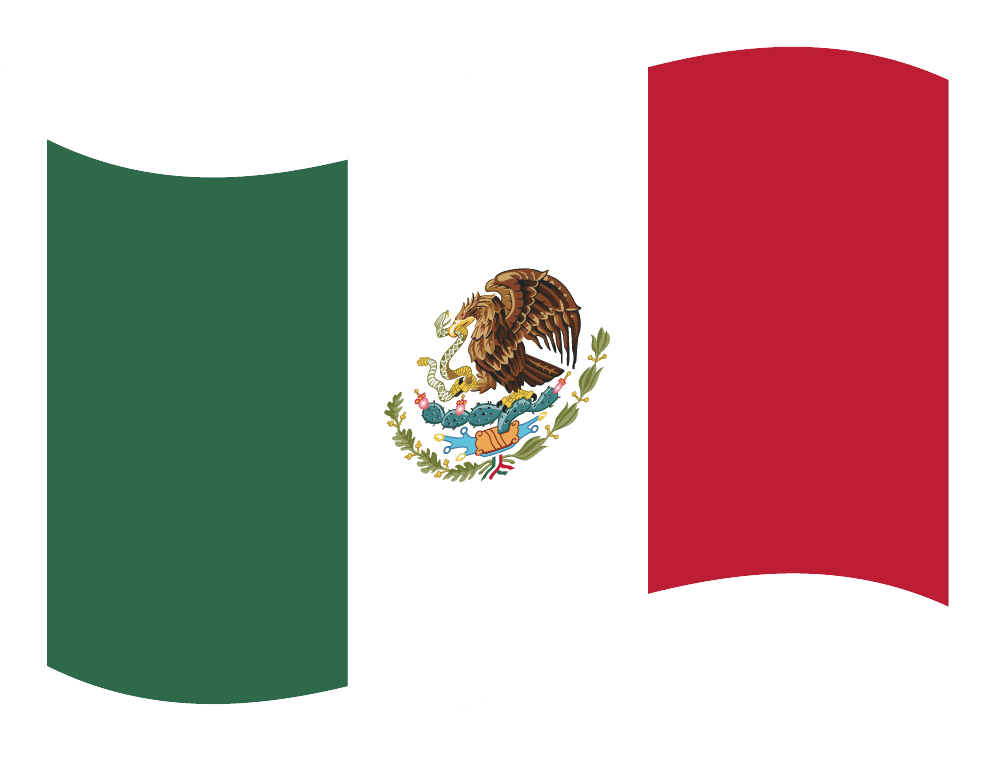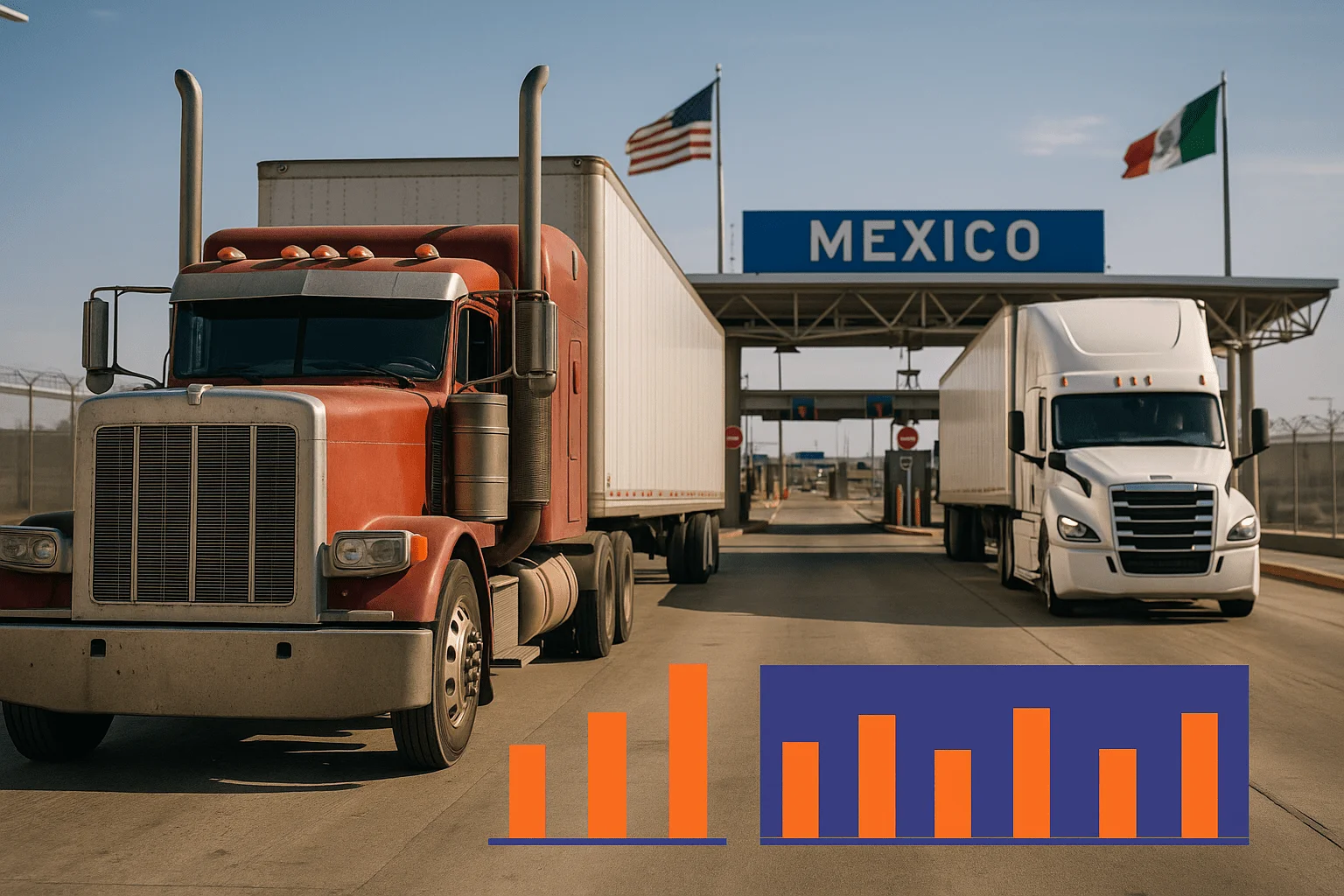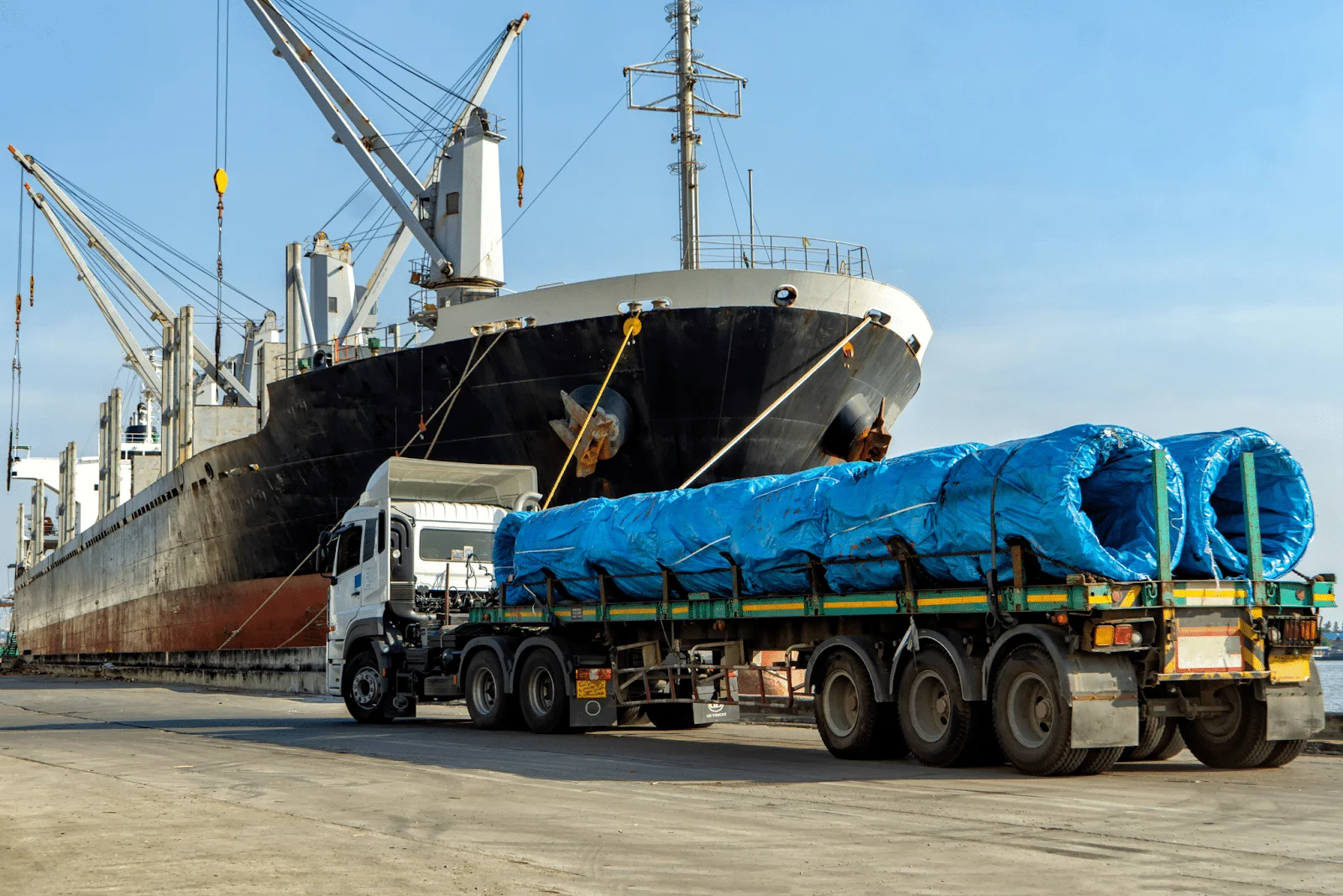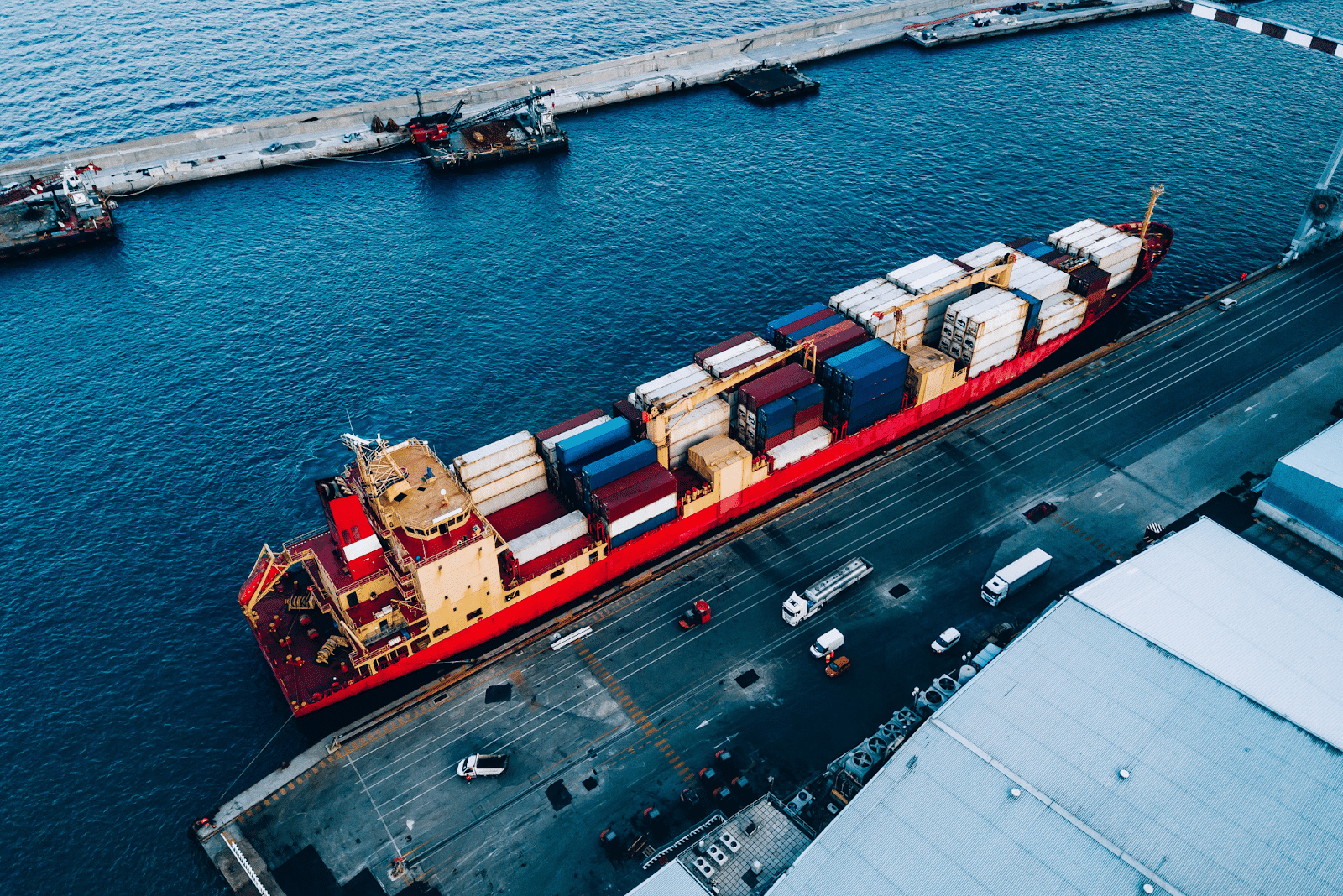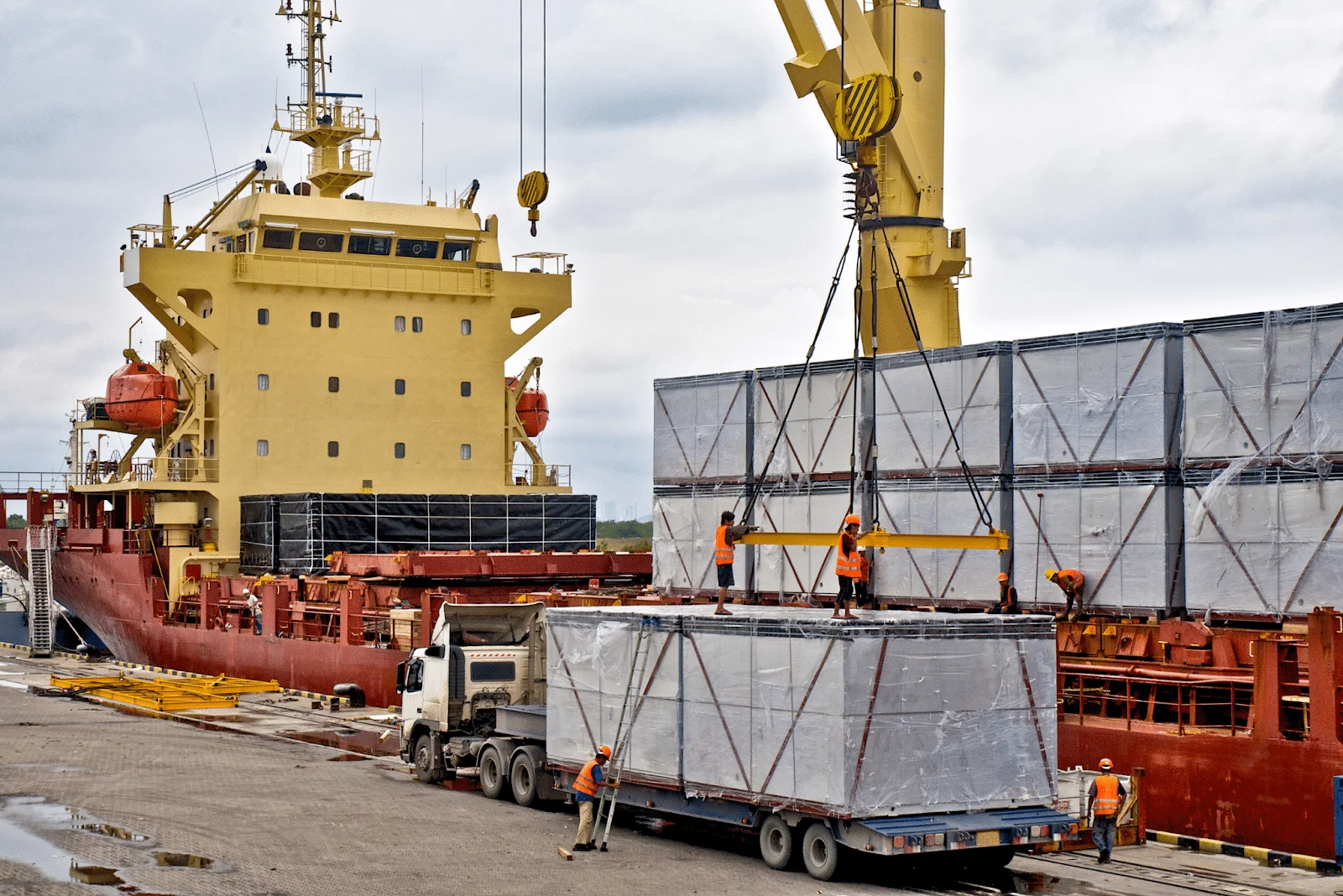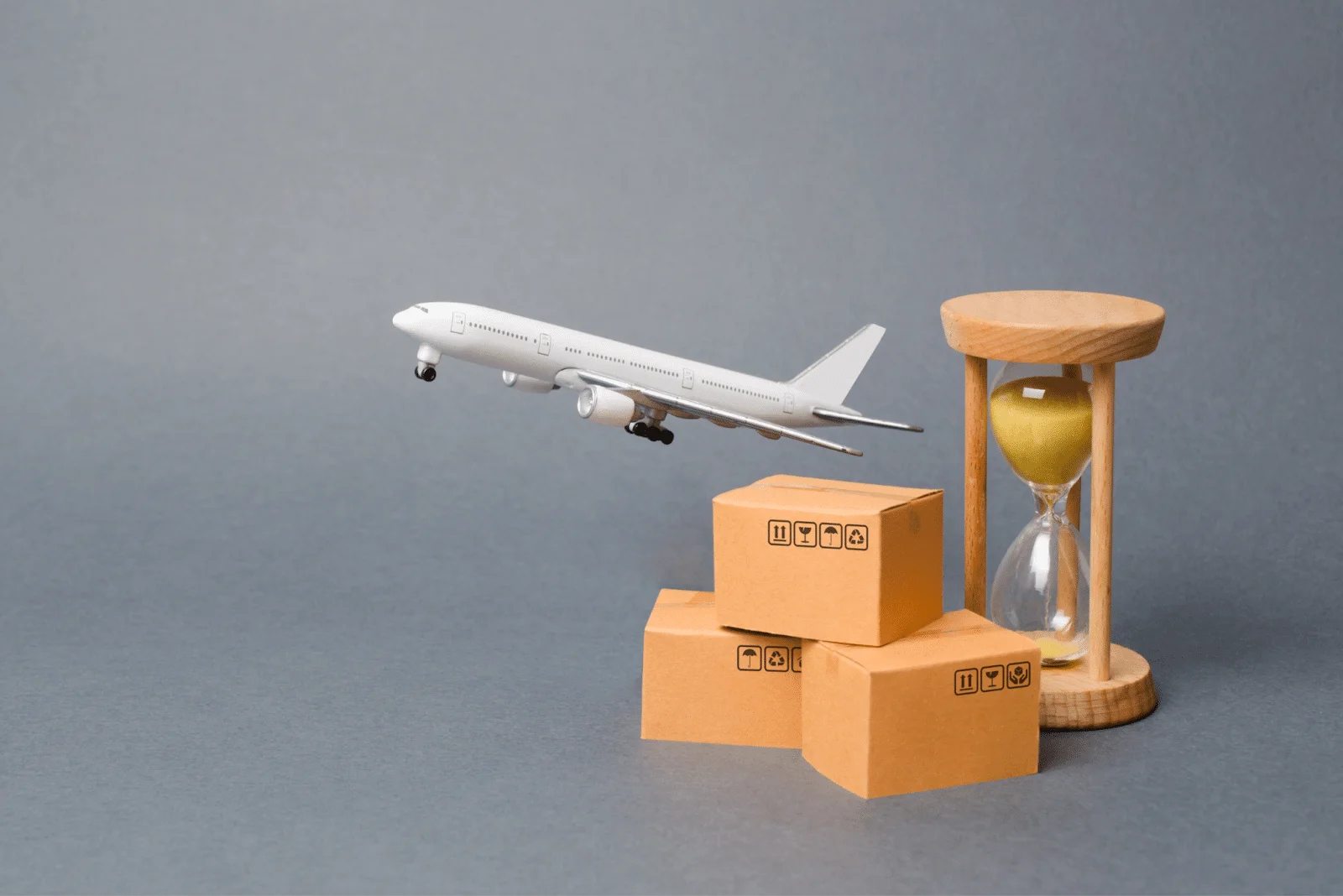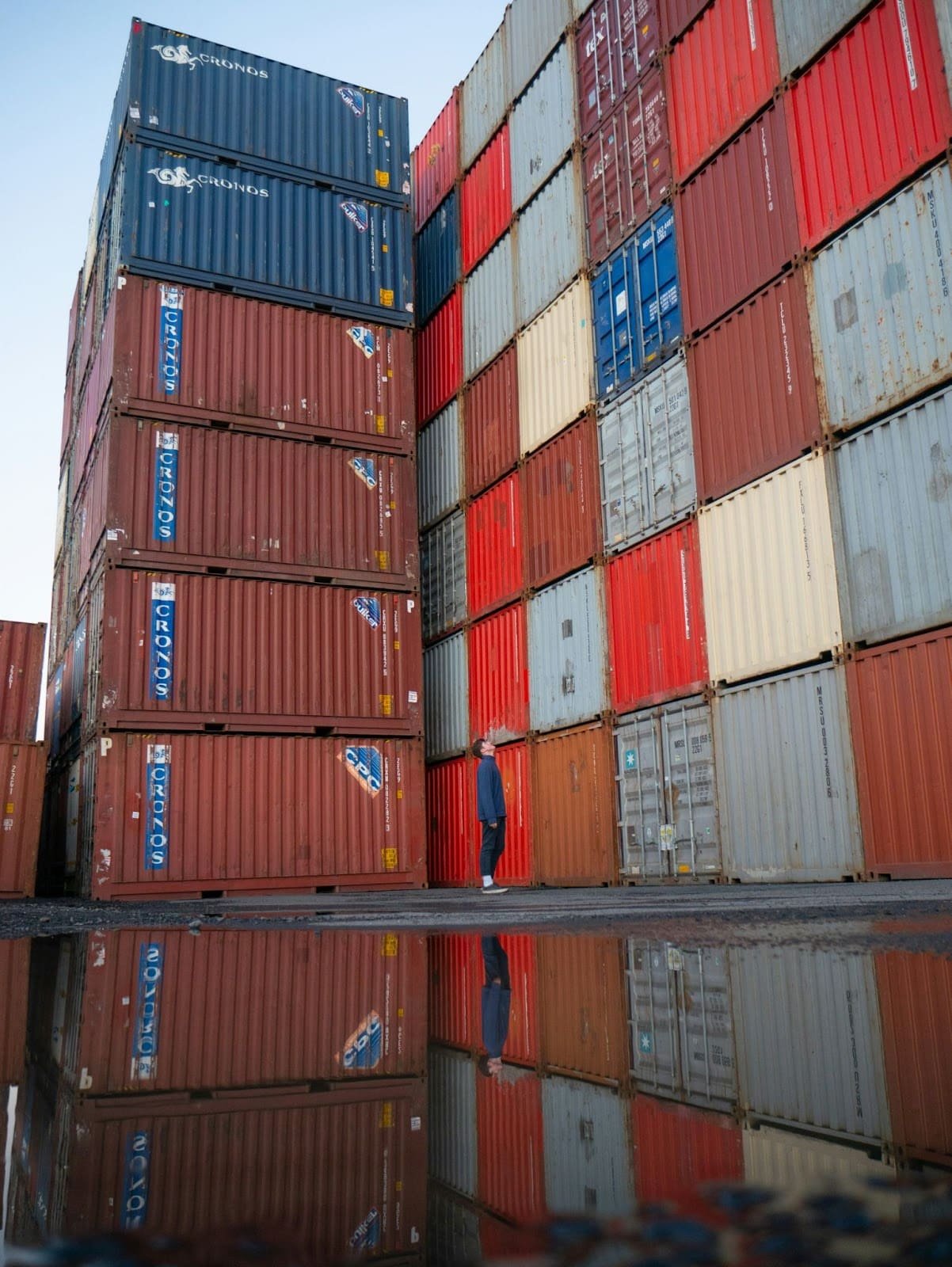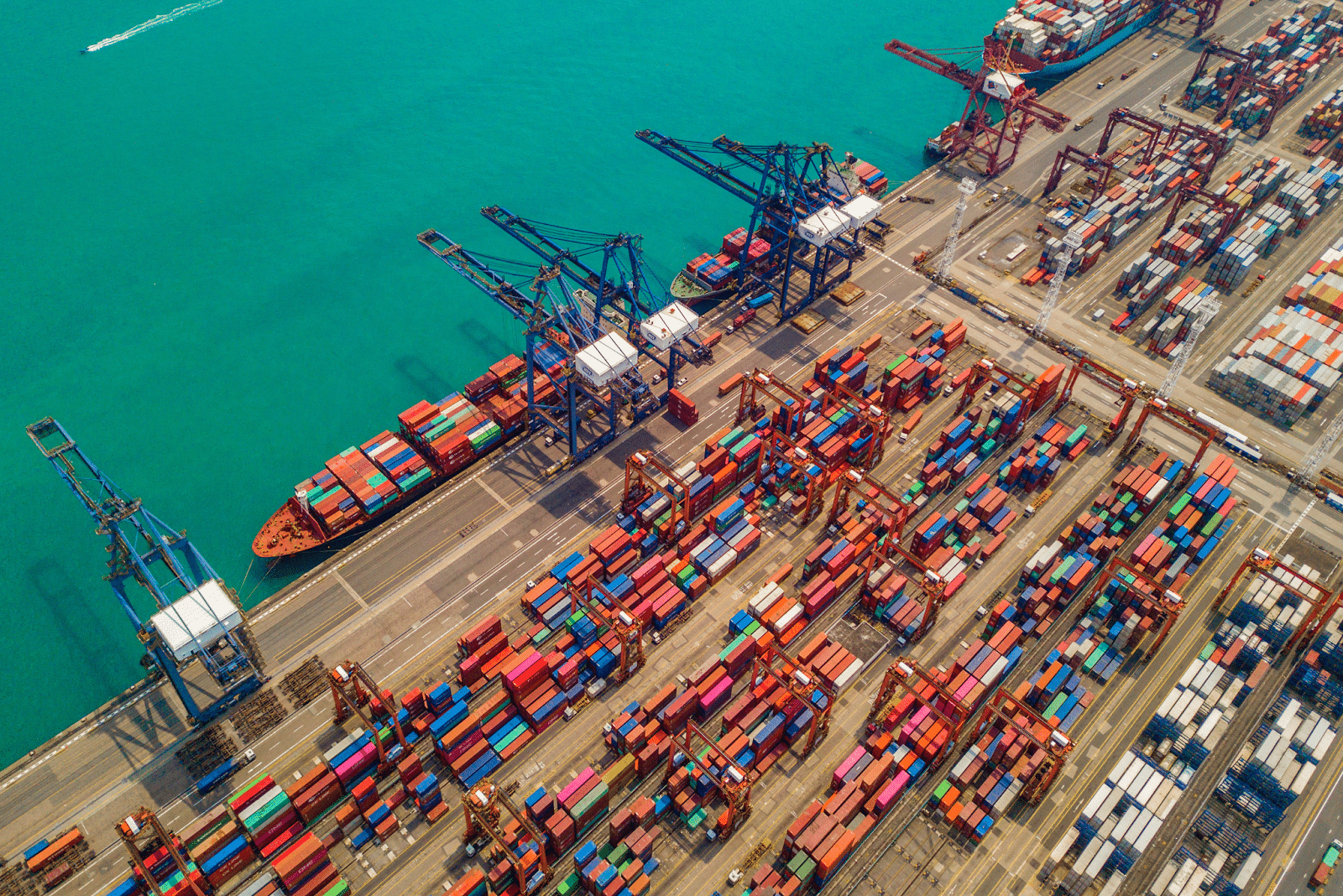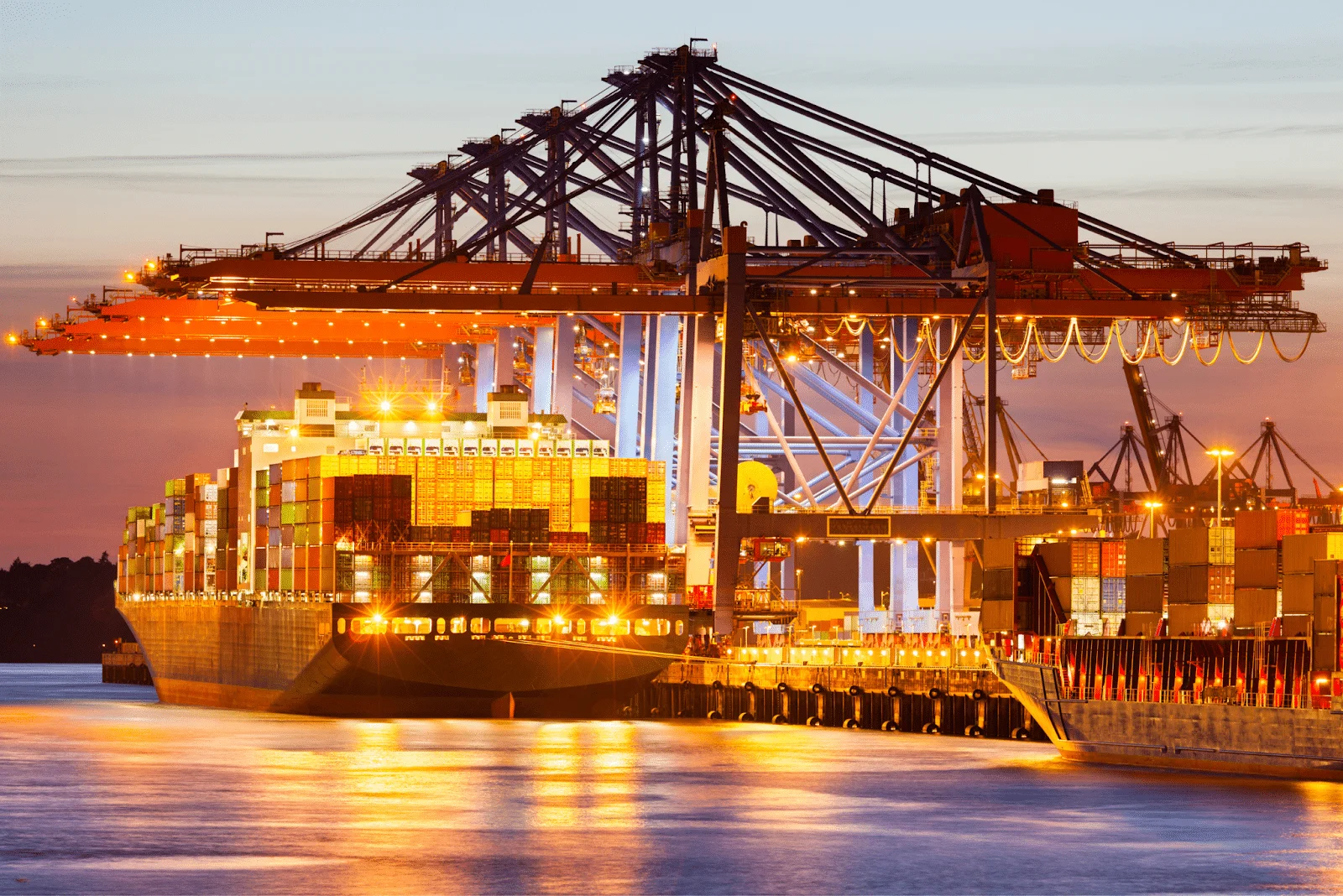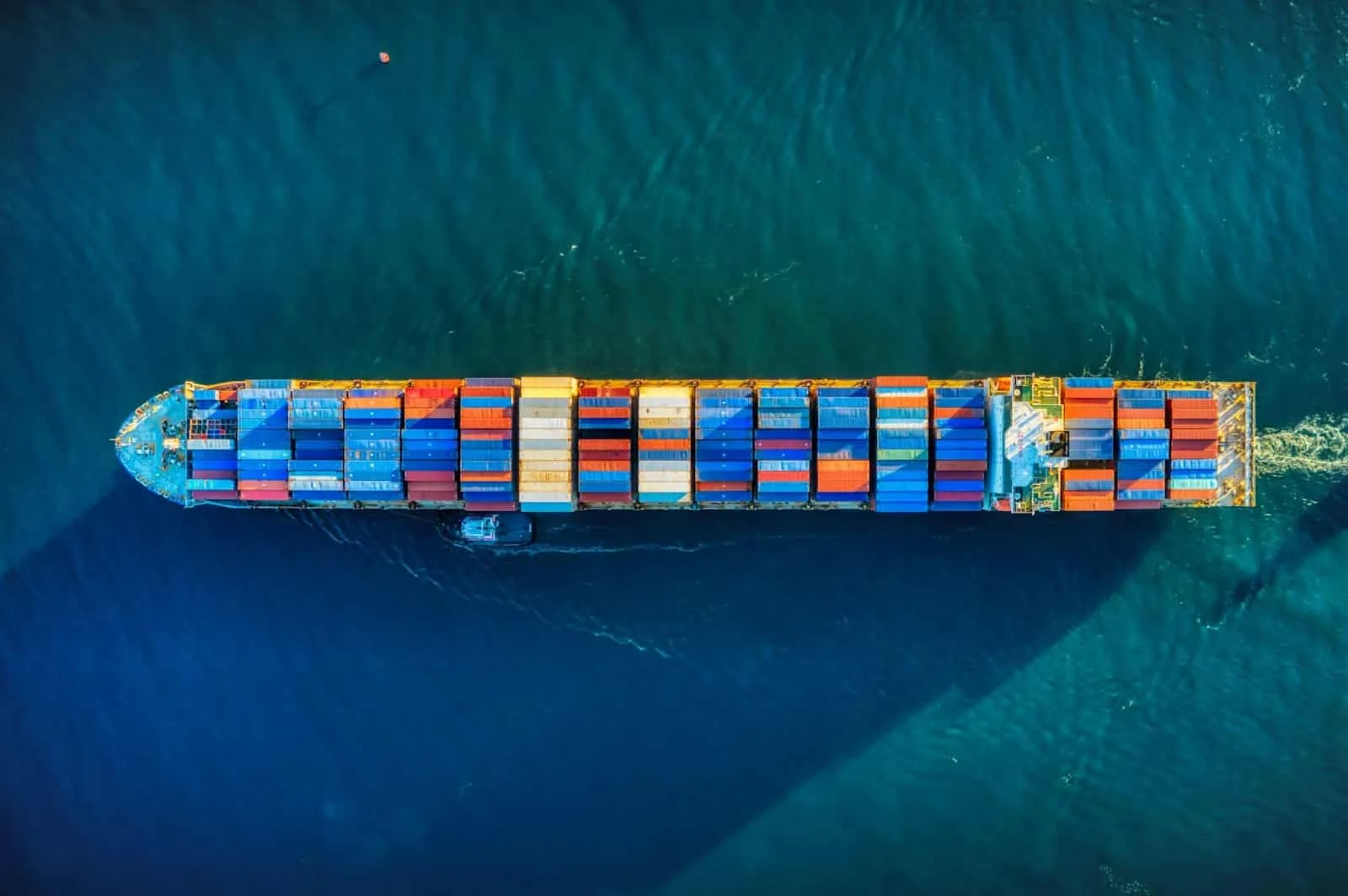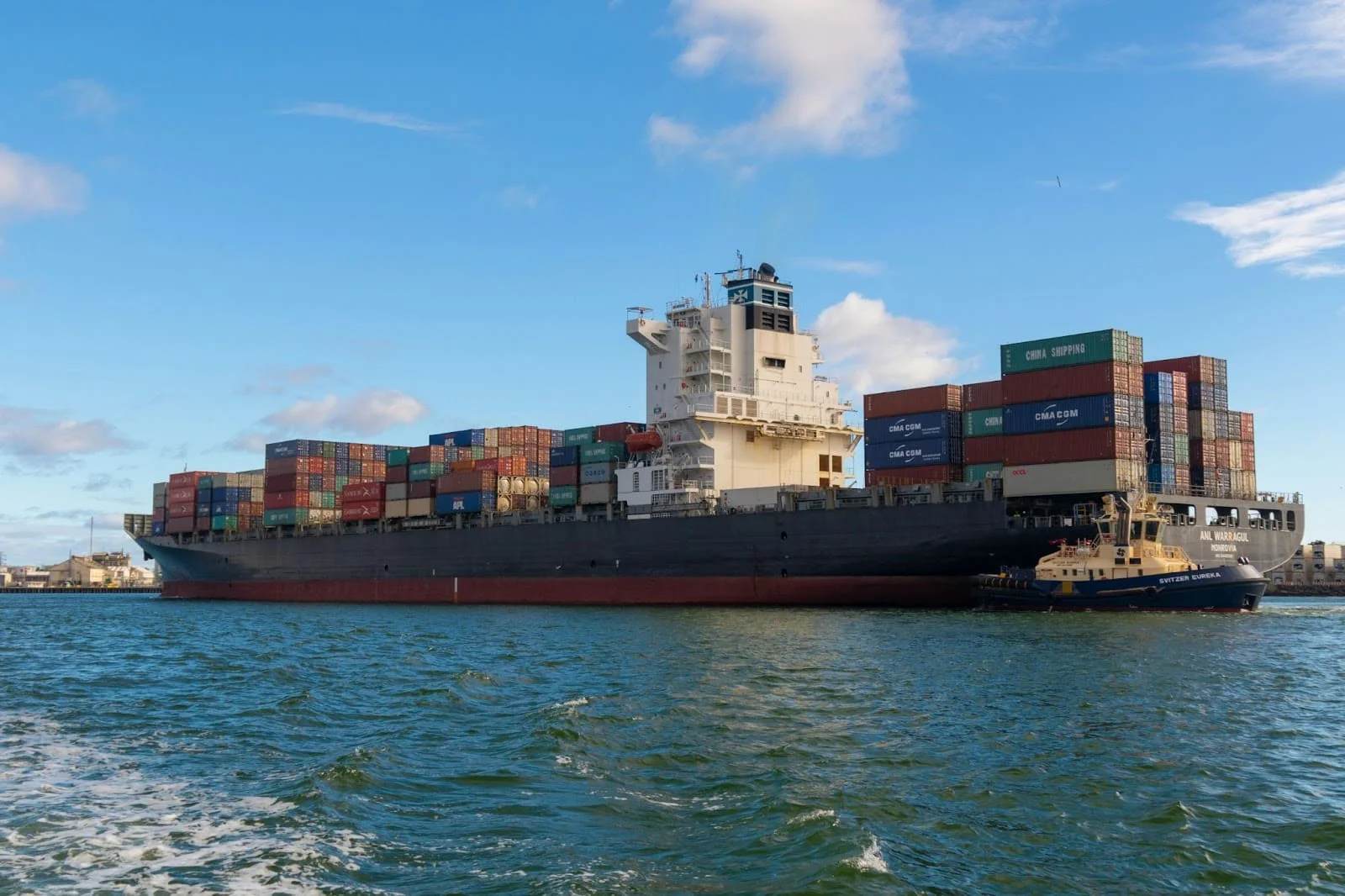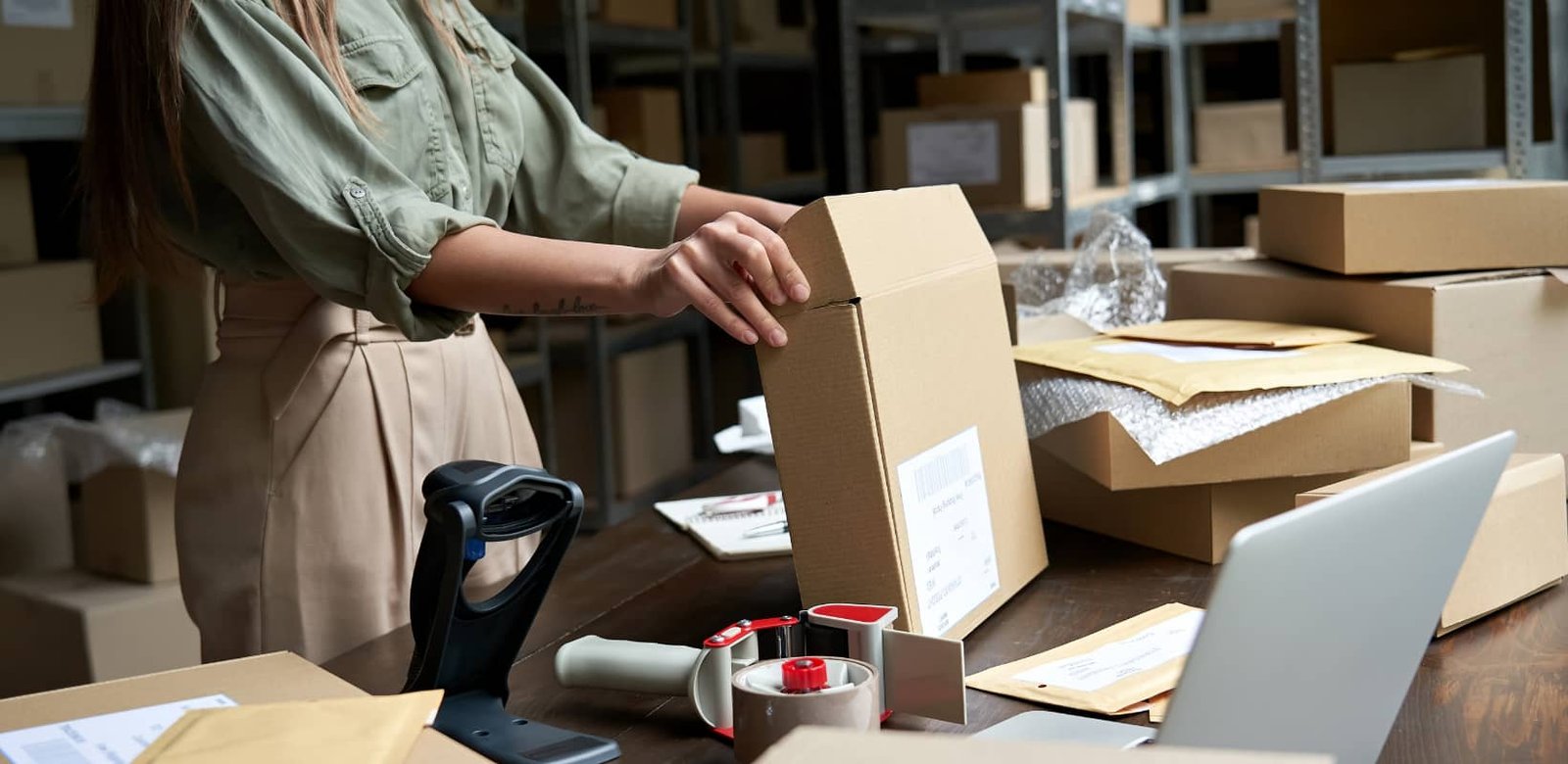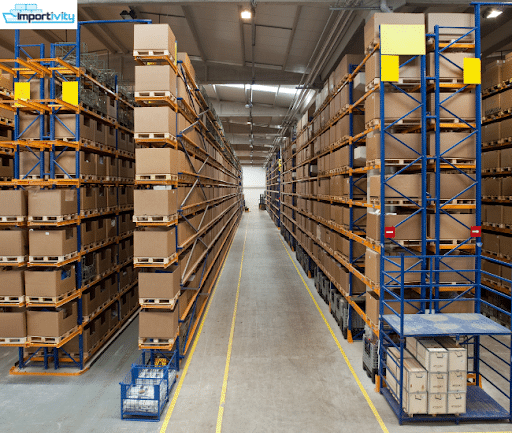Import duties can often significantly impact the overall cost of doing business internationally. In many cases, businesses unknowingly end up paying higher import taxes simply because they lack a strategic plan. Fortunately, there are several legal ways to reduce these costs without violating any trade regulations.
At Importivity, we specialize in helping businesses streamline their supply chains, resulting in minimized unnecessary expenses. In this guide, we’ll uncover five lesser-known yet highly effective strategies to legally reduce your import duties while simultaneously enhancing your profitability.
1. Leverage Free Trade Agreements (FTAs)
What Are FTAs?
To begin with, Free Trade Agreements (FTAs) are deals between countries that lower or eliminate import tariffs on qualifying goods. By understanding and effectively utilizing these agreements, businesses can significantly reduce their overall import costs, thereby improving profitability.
Action Steps:
- Identify Relevant FTAs – Research existing FTAs between your country and the country of origin for your goods.
- Ensure Product Eligibility – Each FTA has rules of origin criteria. Make sure your goods meet these requirements.
- Secure Proper Documentation – Obtain the necessary certificates of origin to claim duty reductions.
Example:
The USMCA (United States-Mexico-Canada Agreement) allows businesses to import certain goods duty-free if they originate from one of these countries.
2. Implement Tariff Engineering
What Is Tariff Engineering?
Another effective strategy is tariff engineering, which involves modifying a product’s design or composition to qualify for a lower tariff classification. In fact, many products can be legally altered in this way to reduce duties while still maintaining their full functionality.
Action Steps:
- Review Tariff Codes – Identify how minor product modifications can impact duty rates.
- Modify Product Composition – Adjust materials, assembly, or labeling to fall into a lower duty bracket.
- Consult with Experts – Work with customs brokers and trade specialists to ensure compliance.
Example:
A shoe with leather uppers may have a higher duty rate than one made with textile uppers. Minor material changes can lead to major savings.
3. Use the First Sale Doctrine
What Is the First Sale Doctrine?
This legal strategy allows importers to declare the customs value based on the first sale price rather than the final resale price. This results in a lower declared customs value and reduced duties.
Action Steps:
- Ensure Transparent Invoicing – Work with suppliers to document the first sale price.
- Maintain Proper Records – Keep all invoices and contracts to validate claims.
- Verify Compliance – Consult with a customs expert to ensure eligibility.
Example:
If a U.S. retailer buys goods from a manufacturer via an intermediary, they can use the price from the original manufacturer instead of the marked-up intermediary price.
4. Optimize Product Classification
Why Is Classification Important?
Additionally, every imported product is assigned an HS (Harmonized System) code that determines the applicable duty rate. However, many businesses end up overpaying duties simply because of product misclassification.
Action Steps:
- Conduct a Classification Audit – Regularly review HS codes to ensure accuracy.
- Request Binding Rulings – Obtain official customs rulings to confirm the correct classification.
- Stay Updated on Tariff Changes – Tariff rates change periodically, so it’s crucial to keep up with updates.
Example:
Example: wireless headset as a “headphone” versus a “communication device” could mean a difference in duty rates.
5. Take Advantage of Duty Drawback Programs
What Is a Duty Drawback Program?
A duty drawback allows businesses to reclaim duties paid on imported goods that are later exported. This is beneficial for manufacturers and re-exporters.
Action Steps:
- Track Imports and Exports – Establish a system to trace qualifying goods.
- Submit Duty Refund Claims – Work with a customs broker to ensure proper filing.
- Stay Within Deadlines – Most programs require claims to be submitted within a certain timeframe.
Example:
A company importing components for assembly and exporting the final product can apply for a refund of the duties paid on imported parts.
How Importivity Can Help
Reducing import duties requires expert knowledge and proactive planning. Importivity provides businesses with end-to-end solutions to optimize their import strategies, including:
- Supply Chain Consultation – We analyze your operations to identify duty-saving opportunities.
- Customs Compliance & Risk Management – Our team ensures you stay compliant with trade regulations while minimizing costs.
- Product Sourcing & Classification Assistance – We help classify products correctly to reduce tariff expenses.
Let Importivity help you save on import costs and streamline your supply chain.
Takeaways
Import duties can be a major expense, but by leveraging Free Trade Agreements, tariff engineering, the First Sale Doctrine, optimized classification, and duty drawback programs, you can legally reduce costs.
By working with Importivity, businesses can ensure compliance while maximizing profitability through strategic import planning.
FREQUENTLY ASKED QUESTIONS
What is the best way to reduce import duties legally?
Leveraging Free Trade Agreements, using tariff engineering, and optimizing product classification are effective ways to legally reduce import duties.
How does the First Sale Doctrine lower customs duties?
It allows importers to declare customs value based on the first sale price rather than the final price, reducing duties.
Can modifying a product help lower import duties?
Yes, small changes in materials, assembly, or labeling can reclassify products into lower tariff categories.
Are duty drawback programs worth it?
Absolutely! Businesses that export products after importing components can reclaim a significant portion of the duties paid.
How can Importivity assist with reducing import duties?




